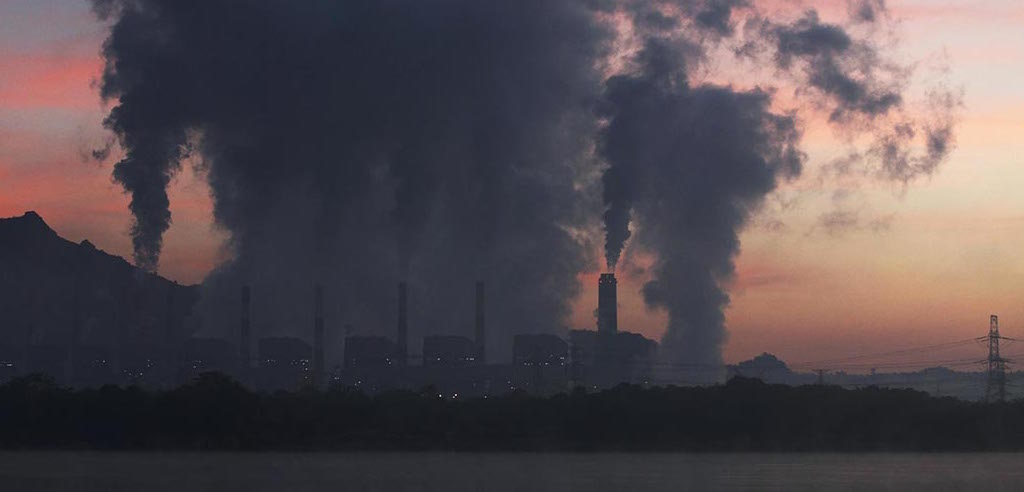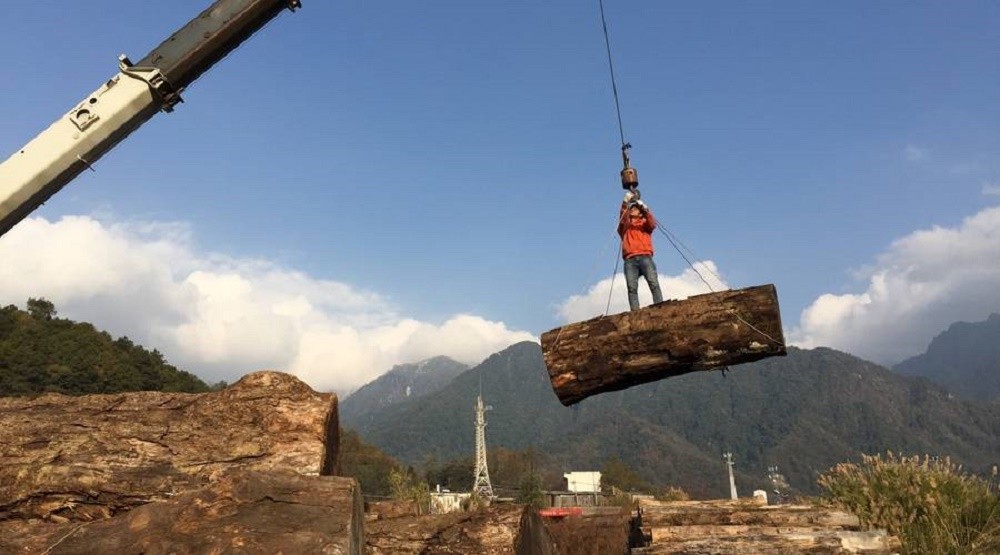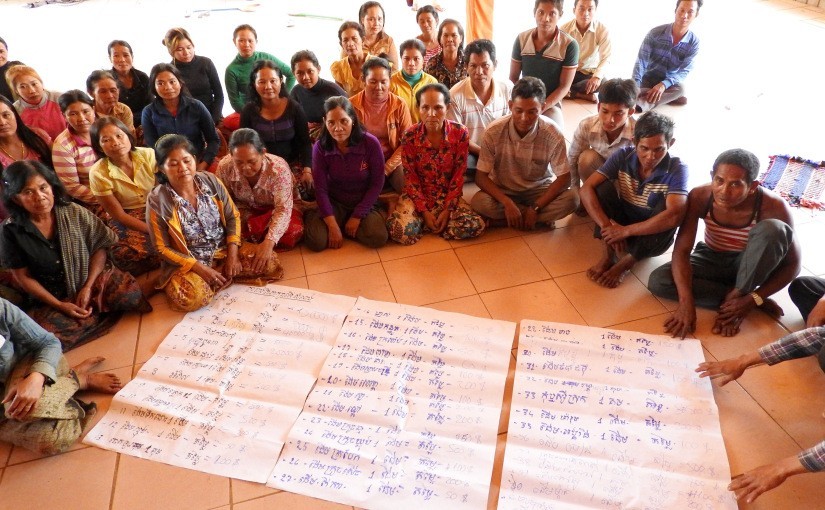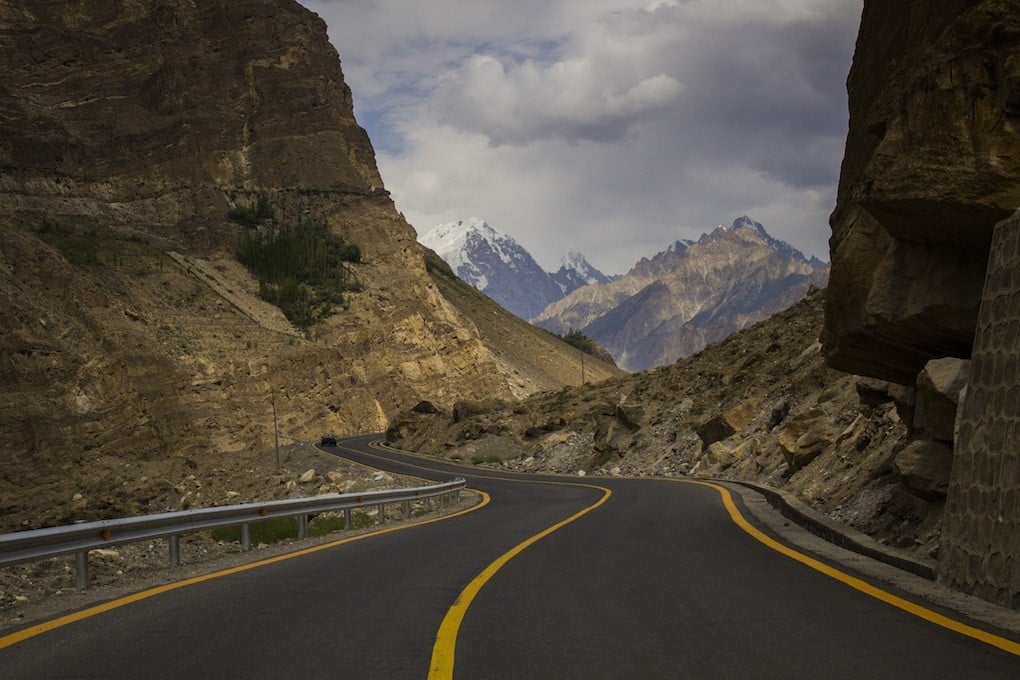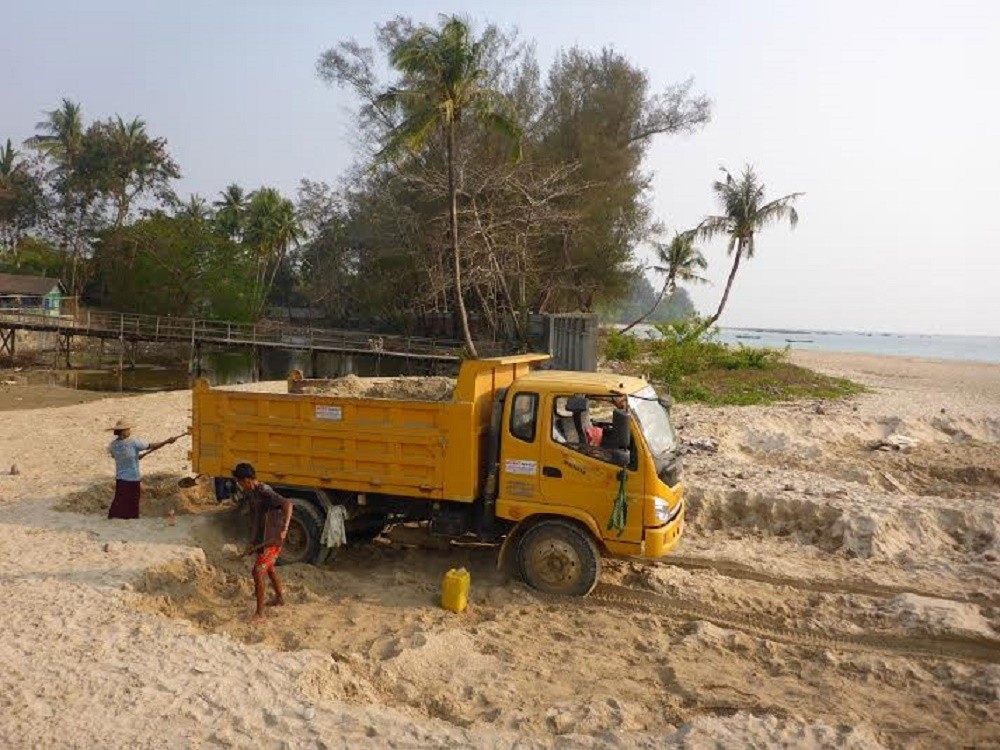It is potentially an unusual business transaction. While the prospect of a Vietnamese company taking over a Russian group in of itself is unusual, the buyout of a strategic stake in a major fish distributor is also a reflection of changing attitudes to the management of the Mekong River.
Food security is the priority issue dominating the political agenda surrounding the lower Mekong subregion for the Vietnamese and Cambodian governments. It’s a stark contrast to thinking in Laos, which sees the Mekong primarily through the lens of hydropower.


